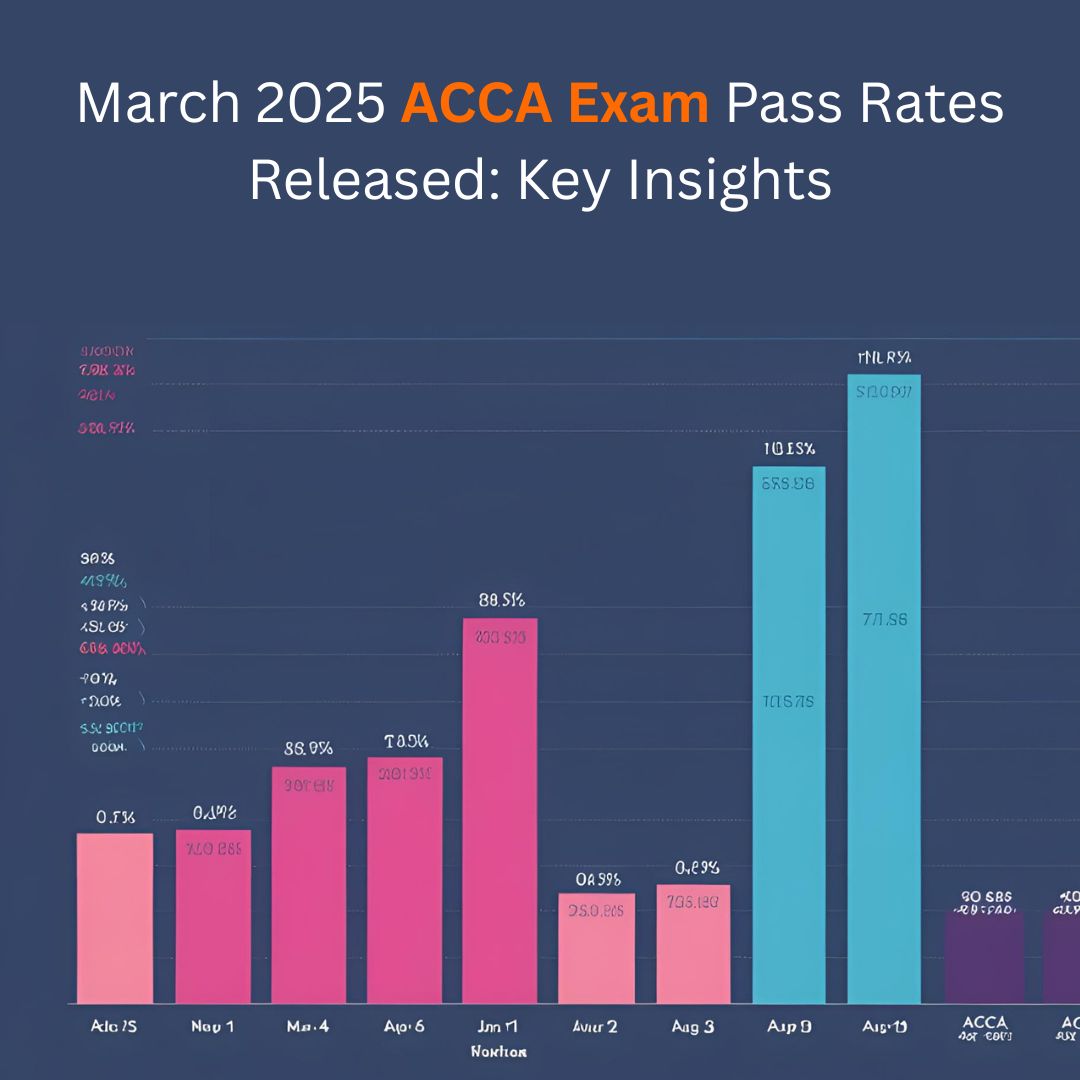
If you’re making the transition from ACCA Financial Reporting (FR) to Strategic Business Reporting (SBR), you’re not alone in feeling slightly daunted. Many students underestimate just how different the two papers are. While FR lays the groundwork, SBR demands a deeper, more analytical, and professional approach. In this guide, we break down the key differences between FR and SBR, highlight the common challenges students face, and share expert advice on how to prepare for success.
What Makes SBR a Step Up from FR?
At first glance, both FR and SBR seem to cover similar ground: group accounts, financial instruments, revenue recognition, leases, and so on. But the similarities largely end there.
FR is a knowledge-based paper. You learn the rules, apply the standards, and produce a technically correct solution. SBR, on the other hand, is a professional skills paper. It assumes you already know the accounting standards and asks you to apply them in complex, real-world scenarios where judgment, analysis, and ethical considerations come into play.
The SBR exam isn’t about calculating the right number. It’s about explaining, evaluating, and justifying your answer like a professional accountant.
Let’s compare a few key areas:
| Area | FR | SBR |
| Exam Focus | Technical accuracy | Professional application |
| Question Format | Structured, calculation-heavy | Scenario-based, narrative-driven |
| Ethics | Minimal | Embedded throughout |
| Marks Allocation | Clear-cut answers | Professional skills assessed |
Why Students Struggle with the Shift
- Overreliance on Memorisation Students who passed FR by memorising formats or model answers often find SBR jarring. The exam tests understanding and interpretation, not recall.
- Lack of Practice in Written Communication FR students get little exposure to narrative-style answers. In SBR, the ability to write clearly, concisely, and professionally is essential.
- Misunderstanding the Marking Scheme Students often miss out on marks because they focus solely on technical accuracy, ignoring the importance of ethics, scepticism, and professional judgement.
- Poor Exam Technique SBR requires time management, question deconstruction, and the ability to spot what the examiner is really asking. These are skills that need to be developed through practice.
How to Approach SBR Differently
Success in SBR demands a shift in mindset, study methods, and exam technique. Here are some actionable strategies:
1. Focus on Application, Not Recitation
Instead of trying to memorise standards, understand their intent. Think about why a particular accounting treatment is appropriate in a given situation.
2. Develop a Professional Writing Style
Practise writing answers in a tone suitable for a client, shareholder, or regulator. Avoid textbook regurgitation. Instead, aim to be clear, persuasive, and balanced.
3. Integrate Ethics into Every Answer
Ethical considerations are not add-ons in SBR. They’re baked into the exam. Learn to identify ethical dilemmas and suggest appropriate responses.
4. Use Past Papers Strategically
Don’t just practise past papers; analyse examiner feedback and model answers. Ask yourself: Why did this answer score well? What professional skills did it demonstrate?
5. Get Expert Support
Working with an ACCA SBR tutor can be a game-changer. An experienced tutor can help you fine-tune your technique, spot weaknesses, and guide you on how to approach questions from the examiner’s point of view.
Common Misconceptions About SBR
- “It’s just a harder version of FR.”Not quite. SBR is not simply about tougher questions. It’s about changing your mindset from accountant-in-training to strategic business advisor.
- “I can revise the same way I did for FR.”SBR requires more than passive study. Active learning, including question debriefing and mock exams, is essential.
- “I only need to focus on technical areas.”The professional marks, which account for up to 20% of the exam, can make or break your result. Ignoring them is risky.
Real-World Relevance: Why SBR Matters
SBR reflects the kind of work you’ll be doing as a qualified accountant. You’ll be required to analyse financial reports, advise stakeholders, and ensure ethical standards are upheld.
Passing this paper proves more than technical competence. It shows you can think critically, communicate effectively, and act ethically under pressure. These are skills that employers value and expect from newly qualified professionals.
Why Study with Tom Clendon?
If you’re looking for structured, flexible, and expert-led SBR tuition, Tom Clendon is the name students trust.
With over 30 years of experience helping ACCA students pass their final level accounts exam, Tom is widely recognised as an expert SBR tutor. He’s a former examiner, a published author, and a regular contributor to accountancy publications. He’s even been trusted by ACCA to train other lecturers on how to teach SBR.
Tom’s approach is personal, focused, and results-driven. His online courses are designed to build confidence, reinforce understanding, and improve exam technique — all from the comfort of your own home.
Start your SBR journey the smart way. Learn from someone who lives and breathes this exam. Visit Tom Clendon’s website today and take the first step towards a confident, well-prepared exam performance.
Final Thoughts
SBR is a challenging paper, but it’s also one of the most rewarding. It bridges the gap between technical accounting and real-world decision-making. By shifting your mindset, improving your writing skills, and seeking the right guidance, you can make that leap from FR with confidence.
So, don’t just work harder—work smarter. Prepare with purpose. And if you want tailored support from a seasoned pro, you know where to go.
Tom Clendon – Your Personal Guide to ACCA SBR Success


